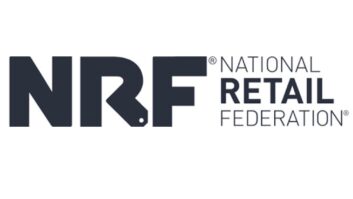Arlington, Va. -The Retail Industry Leaders Association
(RILA), a trade group representing some of the nation’s largest
brick-and-mortar chains, has criticized Amazon.com for touting its Price Check
app to holiday shoppers.
The group claims the app encourages consumers to use
brick-and-mortar stores as showrooms before ordering the same merchandise
online from Amazon, and further exploits a pre-Internet tax loophole that does
not require online-only retailers to collect sales tax in most states.
Amazon’s Price Check app, introduced one year ago for iPhone
and earlier this month for Android, allows in-store shoppers to scan a barcode,
snap a picture, or say or type a product name to read reviews, see prices and
make purchases from Amazon.com and its affiliate online merchants.
Price Check is just one of a number of bar-code scanning
apps including Google Shopper and eBay’s RedLaser that have been available for
mobile devices as early as 2009. Amazon’s app presumably drew RILA’s ire when
the e-tailer announced yesterday that it would provide a
to customers who use the app to make a purchase this
Saturday.
“Amazon’s aggressive
promotion of its Price Check app shows the lengths they are willing to go to
exploit this tax loophole,” said Katherine Lugar, RILA’s public affairs executive
VP. “Retailers cannot afford another holiday season where they are forced to
compete on an uneven playing field.”
The group claims Amazon’s sale tax exemptions give it a perceived
6 percent to 10 percent price advantage over brick-and-mortar retailers.
RILA supports bipartisan legislation introduced in the House
and Senate that would require all retailers to collect state sales taxes – as
does Amazon. In testimony before the House Judiciary Committee on Nov. 30, Paul
Misener, Amazon’s global public policy VP, stated that “Congress should
authorize the states to require collection, with the great objects of
protecting states’ rights, addressing the states’ needs, and leveling the
playing field for all sellers.”













